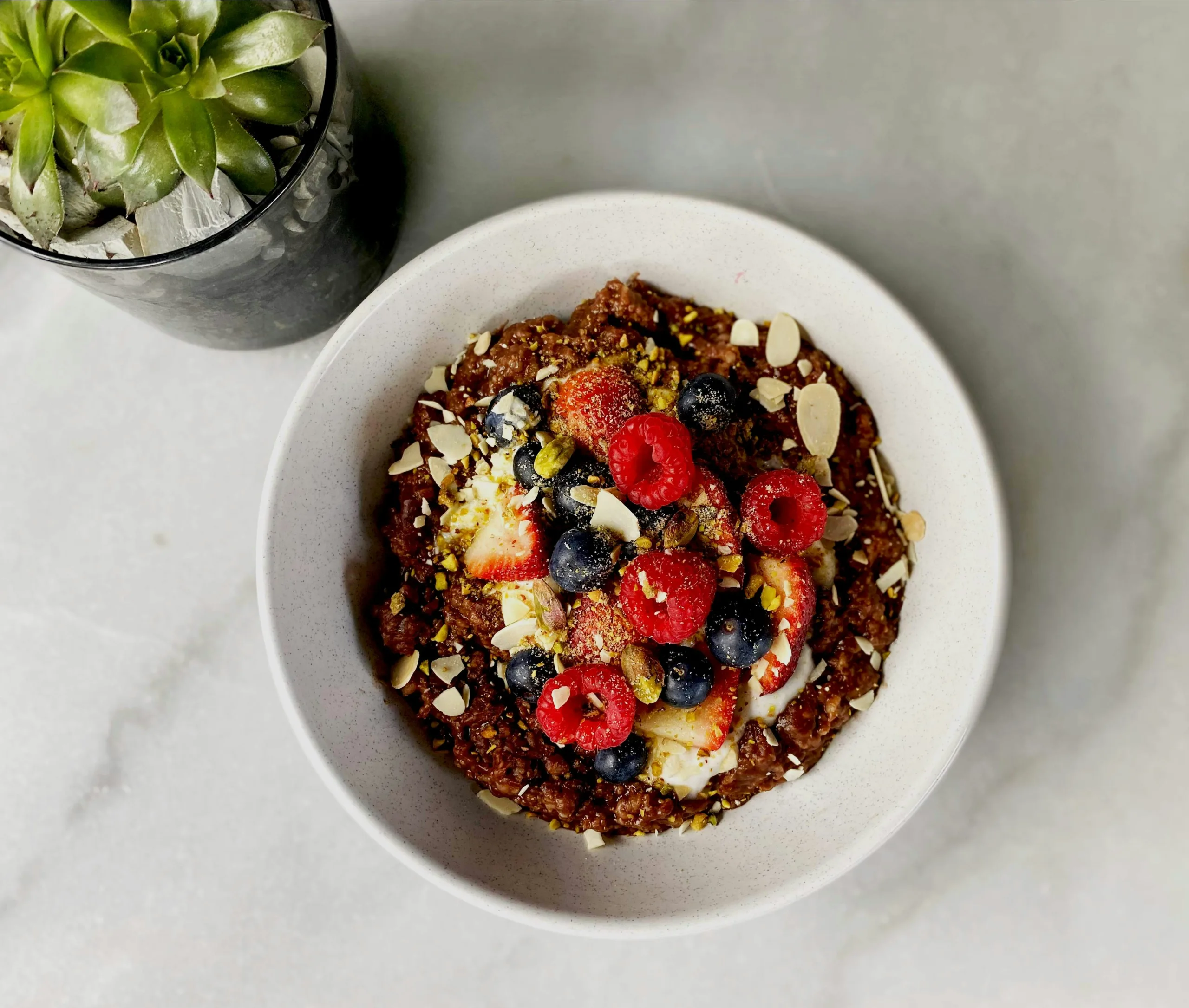Keri Says: By now, most of us understand the importance of sleep, yet most of us aren’t getting the quality shut-eye we need. To name a few of sleep’s claims to fame, proper sleep is critical for weight management, alleviates stress, and assists in making exercise more focused and efficient. How much you sleep, as well as the quality of your sleep, will affect nearly every aspect of how you function each day.
You’ve tried creating an evening routine…you sip on a relaxing cup of chamomile tea, add sleep-inducing foods to your dinner, and consistently practice meditation, but you’re still tossing and turning in the sheets. Before you throw your silk pillowcase across the room (we get it, not sleeping is so frustrating), there’s another option to explore.
One question I’m asked all the time is whether or not to take melatonin as a sleep aid. To find out if it’s right for you, here’s the breakdown on the supplement.
Does Melatonin Work?
Melatonin is the hormone that lets your body know when it’s time to sleep and time to wake up—otherwise known as your circadian rhythm. Darkness cues the pineal gland in the brain to release melatonin into the bloodstream, preparing us to sleep at night. Light from the sun rising decreases melatonin production.
When experiencing sleep trouble, many people use melatonin supplements to give their body an extra boost of this sleep-inducing hormone.
The research on effectiveness is mixed, and is also dependent upon why you’re using melatonin. One meta-analysis found that, for those with insomnia, taking melatonin can shorten the amount of time it takes to fall asleep and improves sleep duration and quality. Another review noted conflicting results depending on the study population. Specifically, those without diagnosed insomnia didn’t see a significant benefit. Age might also be another important factor. We produce less melatonin as we age, so some evidence suggests the best results are seen in older adults.
If you’re working the night shift and want help sleeping during the day, melatonin might improve daytime sleep quality; although the benefit is still probably small. One review of nine placebo-controlled randomized trials found that melatonin supplements increased daytime sleep length by 24 minutes.
Still, there’s good news for anyone jet-setting across time zones. Most research shows that melatonin can improve symptoms of jet lag such as alertness, daytime sleepiness, and tiredness.
If you want to give melatonin a try, it is recommended you take 1 to 5 mg an hour before bed.
Is It Safe?
Before you stock up on melatonin supplements, there are a few considerations you need to keep in mind. While melatonin is likely safe for most adults when used in the short-term (up to 2 months), there hasn’t been enough research to know if it’s okay to use for longer periods of time. You should think of melatonin as a temporary fix rather than a lifelong solution.
You’ll also want to think twice if you’re on blood-thinning medications, diabetes drugs, or birth control pills. Melatonin can negatively interact with these medications. Always talk to your doctor before trying new supplements.
One last note…you might want to be cautious when giving melatonin to your children. Because melatonin is a hormone, some experts express concern that it could interfere with development during adolescence. More research is needed to understand the safety of melatonin supplements in children.
The Bottom Line
If you’re struggling with sleep problems, first address the root cause of your sleepless nights before turning to supplements. I love the term “sleep hygiene” because I believe there should be a systematic, pristine approach to bedtime just like there is to washing your hands or brushing your teeth. Sleep is the Nutritious Life pillar I struggle with the most, so I’ve worked on following basic sleep “hygiene” rules such as banishing electronics from the bedroom, going to bed at the same time each night, exercising regularly, and meditating.
Sleep specialists have shown time after time that these steps make it easier to fall asleep, stay asleep, and get the best quality sleep you possibly can. That being said, supplements can play a part in your evening routine, too. If you still need help getting some zzz’s, an occasional melatonin supplement before bed may be helpful. I’m also a fan of a nightly chamomile tea.
(photo credit: Shutterstock)






























